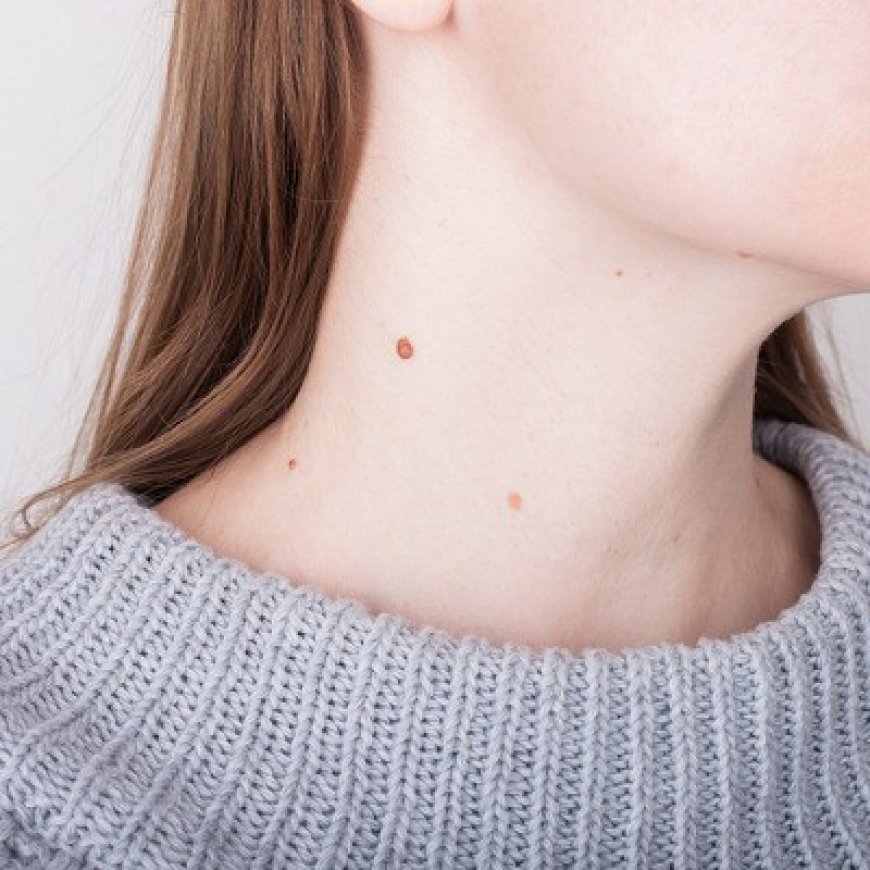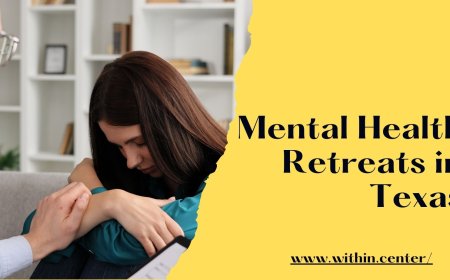Can warts go away on their own?
Warts are common, benign skin growths caused by certain strains of the human papillomavirus (HPV).

Warts are common, benign skin growths caused by certain strains of the human papillomavirus (HPV). While they can be unsightly and sometimes uncomfortable, one of the most frequently asked questions about warts is whether they can go away on their own. The short answer is yes—warts can disappear without treatment in some cases. However, this depends on various factors such as the individual's immune system, the type of wart, and where it is located on the body.
In this blog, we’ll delve into why warts form, how the body deals with them, factors influencing their natural resolution, and when you might need wart removal treatment in Islamabad to get rid of them.
Why Do Warts Form?
Warts are caused by the HPV virus, which infects the top layer of skin through small cuts or abrasions. The virus causes the skin cells to grow rapidly, leading to the formation of a wart.
HPV thrives in warm, moist environments and can spread through direct contact with an infected person or surface. Some types of warts are more likely to develop in specific areas of the body, such as:
- Common warts: Typically appear on the hands and fingers.
- Plantar warts: Develop on the soles of the feet.
- Flat warts: Often found on the face, neck, or hands.
- Genital warts: Appear in the genital or anal area.
While HPV is the underlying cause of warts, the body's immune response plays a significant role in determining whether a wart develops and how long it lasts.
Can Warts Go Away Naturally?
Yes, warts can go away on their own without any medical intervention. The body’s immune system can recognize and fight off the HPV virus over time, leading to the wart's disappearance. However, this process can take a long time and is not guaranteed.
Timeframe for Natural Resolution
- For common warts, about 50% disappear within one year, and 70% clear up within two years.
- Plantar warts tend to persist longer because they are deeply embedded in the skin and subjected to pressure from walking or standing.
- Flat warts in children often resolve more quickly than in adults because younger immune systems are more active in responding to HPV.
The timeframe varies widely from person to person. Some people may see their warts vanish within a few months, while others might struggle with them for years.
Factors That Influence Whether Warts Go Away on Their Own
Several factors determine whether a wart will disappear naturally or require treatment:
1. Immune System Strength
A healthy immune system is key to fighting off the HPV virus. People with strong immune responses are more likely to see their warts resolve on their own. On the other hand, those with weakened immune systems (e.g., due to illness, stress, or medication) may find that warts persist or spread.
2. Age
Children and teenagers are more likely to develop warts, but they’re also more likely to see them go away naturally. Adults, especially older adults, may have warts that last longer because their immune response slows down with age.
3. Type and Location of the Wart
- Common and flat warts are more likely to resolve on their own.
- Plantar warts are harder to treat naturally due to their location and the pressure exerted on them.
- Genital warts, caused by specific strains of HPV, typically require medical intervention as they are less likely to go away without treatment.
4. Number of Warts
Having multiple warts may indicate a more widespread HPV infection, which can take longer for the immune system to combat.
5. Time Since Appearance
Warts that have been present for a longer time are less likely to disappear without treatment.
When Should You Seek Treatment for Warts?
While warts can go away naturally, there are situations where treatment is recommended:
- Persistent Warts: If a wart hasn’t shown any signs of improvement after several months, treatment may be necessary.
- Painful Warts: Plantar warts, for example, can cause discomfort while walking or standing.
- Spreading Warts: If warts multiply or spread to other parts of your body, it’s a good idea to address them before they become more difficult to manage.
- Cosmetic Concerns: Many people choose to remove warts from visible areas like the face or hands for aesthetic reasons.
- Genital Warts: These require prompt medical attention due to their association with certain high-risk HPV strains linked to cancer.
Treatment Options for Warts
If you decide to treat a wart rather than wait for it to resolve naturally, there are several options:
1. Over-the-Counter Treatments
- Salicylic acid: Softens and removes wart tissue over time.
- Freezing kits: Use liquid nitrogen to destroy the wart.
2. Professional Treatments
- Cryotherapy: Freezing the wart with liquid nitrogen.
- Laser therapy: Burns off the wart or destroys its blood supply.
- Surgical excision: Removes the wart with a scalpel.
- Immunotherapy: Boosts the immune system’s response to HPV.
3. Home Remedies
Some people try remedies like duct tape therapy or applying apple cider vinegar, but these methods are less reliable and may cause skin irritation.
How to Prevent Warts from Spreading or Recurring
Even if your wart goes away on its own, it’s important to take steps to prevent reinfection or spreading:
- Avoid touching or picking at warts.
- Keep the area clean and covered with a bandage.
- Don’t share personal items like towels, razors, or nail clippers.
- Wear flip-flops in communal showers or around pools.
- Boost your immune system with a healthy diet, regular exercise, and adequate sleep.
Conclusion
While warts can go away on their own, this process often takes time, and not everyone has the patience—or the luck—to wait it out. For many people, warts persist for months or even years, causing discomfort or embarrassment.
If your wart isn’t improving, is causing pain, or is spreading, professional treatment can help speed up the process and prevent further issues. Regardless of whether you choose to treat a wart or wait for it to disappear naturally, maintaining good hygiene and supporting your immune system are essential steps in managing warts effectively.
What's Your Reaction?























